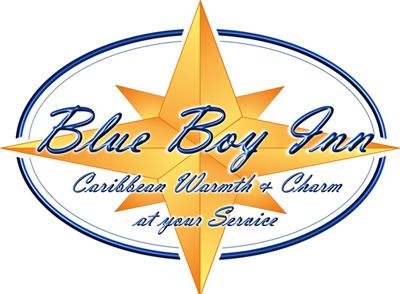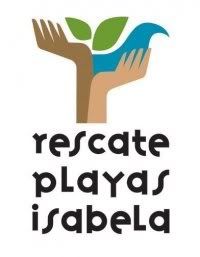will be holding an Aquatic Science meeting in San Juan, PR. This conference will be bringing together the world's leading scientists in fresh and marine water systems and will include 94 sessions detailing different aspects of those disciplines known as Limnology and Oceanography. Our chapter has submitted an abstract to present in Session 90 titled "Biological Contamination of Puerto Rican Streams and Coastal Waters: Sources, Fate, Monitoring, and Predictive Modeling." Below is the abstract we submitted summarizing our water quality monitoring program within the 180 word limit. If our abstract is accepted we will be notified in December. Fingers crossed!
Title
A COMMMUNITY-BASED PROGRAM FOCUSING ON FECAL POLLUTION MONITORING AND SOURCE IDENTIFICATION ON THE NORTHWEST COAST OF PUERTO RICO
Abstract
For more information, or to volunteer to assist with this program, please contact Steve at salvatrespalmas@surfrider.org Surfrider Foundation Rincon






No comments:
Post a Comment